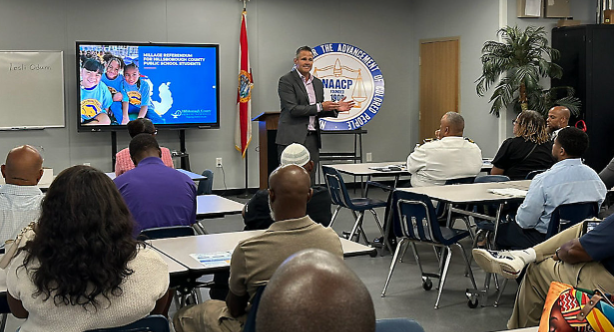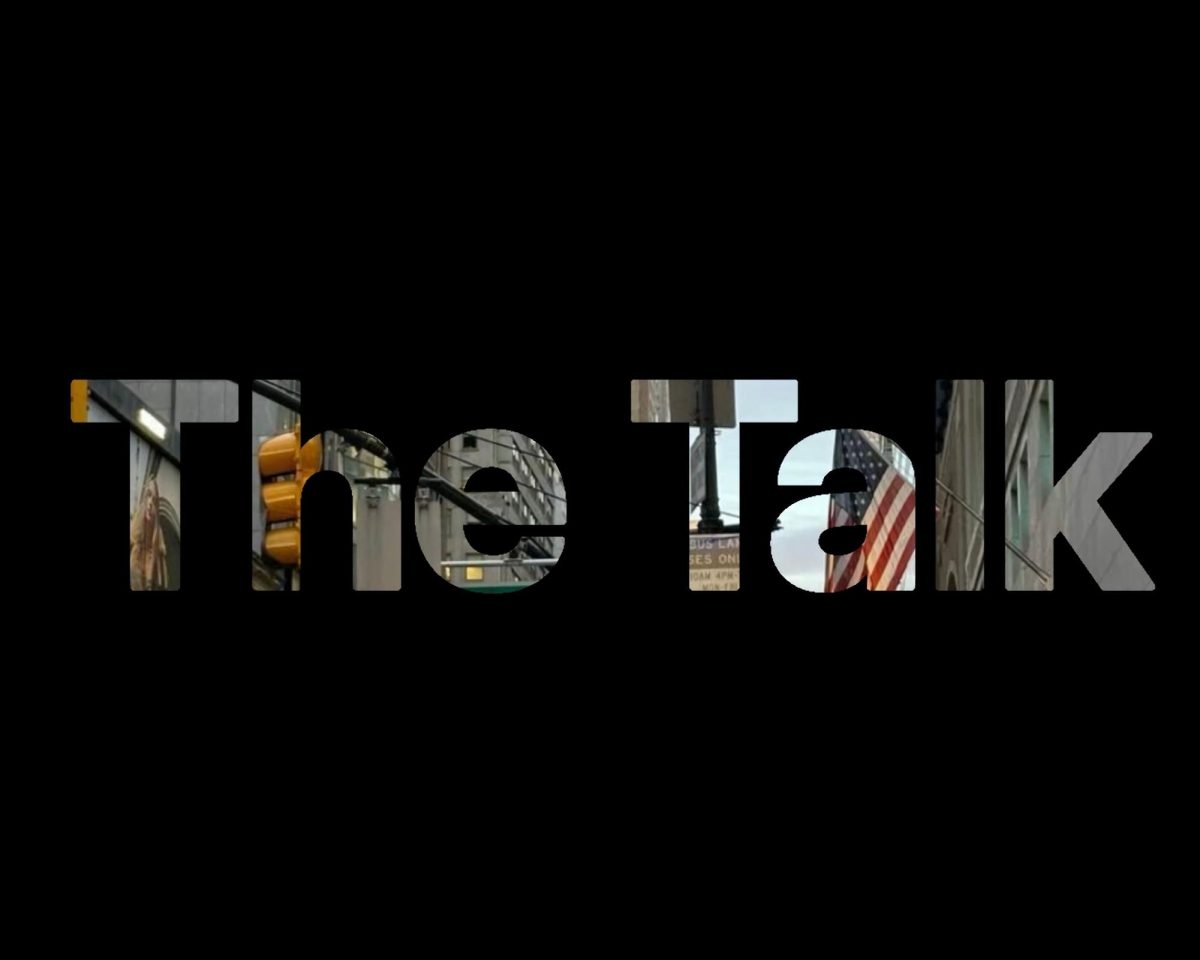As of the 2024-2025 school year, the Florida Board of Education voted to phase out the certificate of completion, the certificate that previously gave students with disabilities proof of completion upon finishing high school in an alternative way. Many people worry this means students with disabilities won’t have a set path regarding their education. Without a high school diploma or an equivalent, many fear they will struggle to find employment or move on to college. However, the Florida Board of Education, claims that the legislative change isn’t here to make it impossible for people with disabilities to find employment, rather maintain the value of the high school diplomas and equivalents.
Many legislators who passed this vote, view the certificate of completion as a “participation trophy” and there it isn’t reflective of actual scholastic experiences. They argue that certificates don’t reflect the same rigor that a high school diploma does, which might cause students with disabilities to struggle in the long run if they aren’t taught the skills they need. However, it is important to note that these alternative pathways will be a lot harder to complete to ensure that these equivalents hold the same stress.
Member of the Down Syndrome Association of Central Florida and a mother of two disabled kids, Amy Van Bergen worries that without this certificate students with disabilities will lose motivation and opportunities to complete school. “The whole dissolution of certificates of completion absolutely disproportionately harms students with disabilities. So rather than helping bridge that educational disparity gap, it’s only going to widen it. Why on earth should these students attend school,” she says. People like Amy believe this legislation came out of left field as Senate President Ben Albritton has been passing legislation to support and protect students & people with disabilities. However, many do disagree due to how much is being done to replace the certificate of completion as well as make these new replacements hold the same weight as a standard diploma.
Susan Valdés, the woman who introduced the bill, says the certificate “means absolutely nothing” when it comes to real world applications.
While the certificates of completion are phased out, alternative pathways are becoming the main focus, as the same legislators find ways for students with disabilities to complete a high school diploma. Some of these alternative pathways include: a standard diploma, an academic and employment-based diploma, a standard diploma through alternate academic achievement, an 18-credit academically challenging curriculum, and an 18-credit career and technical education graduation pathway. Plus, more in the works such as credentials or badges for students with disabilities to earn for post-graduation employment. Education has always been accessible, and it will continue to stay that way.
While people like Van Bergen are in the right to be worried about their children’s education, holding onto this certificate may do more harm to people with disabilities, than good. Many are worried that people with disabilities won’t be able to hold up to the same rigor in a different format, Valdés says, “That particular student is not able to go to the military. That particular student is unable to go to a post-secondary college. And in fact, some organizations, such as McDonald’s and others, require a high school diploma in order for you to work at their facility.” While it’s unclear what would be the best fix for this kind of situation, we hope to find a situation that benefits everyone soon.







